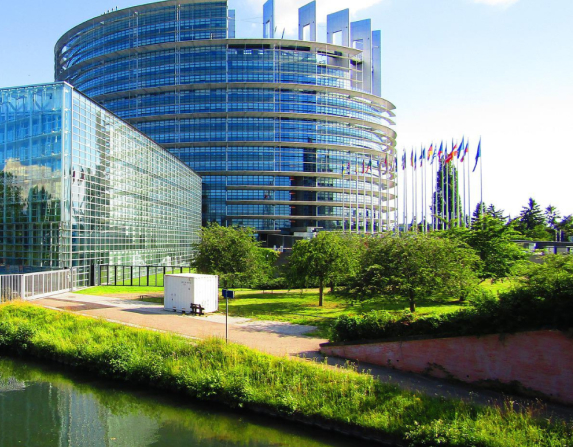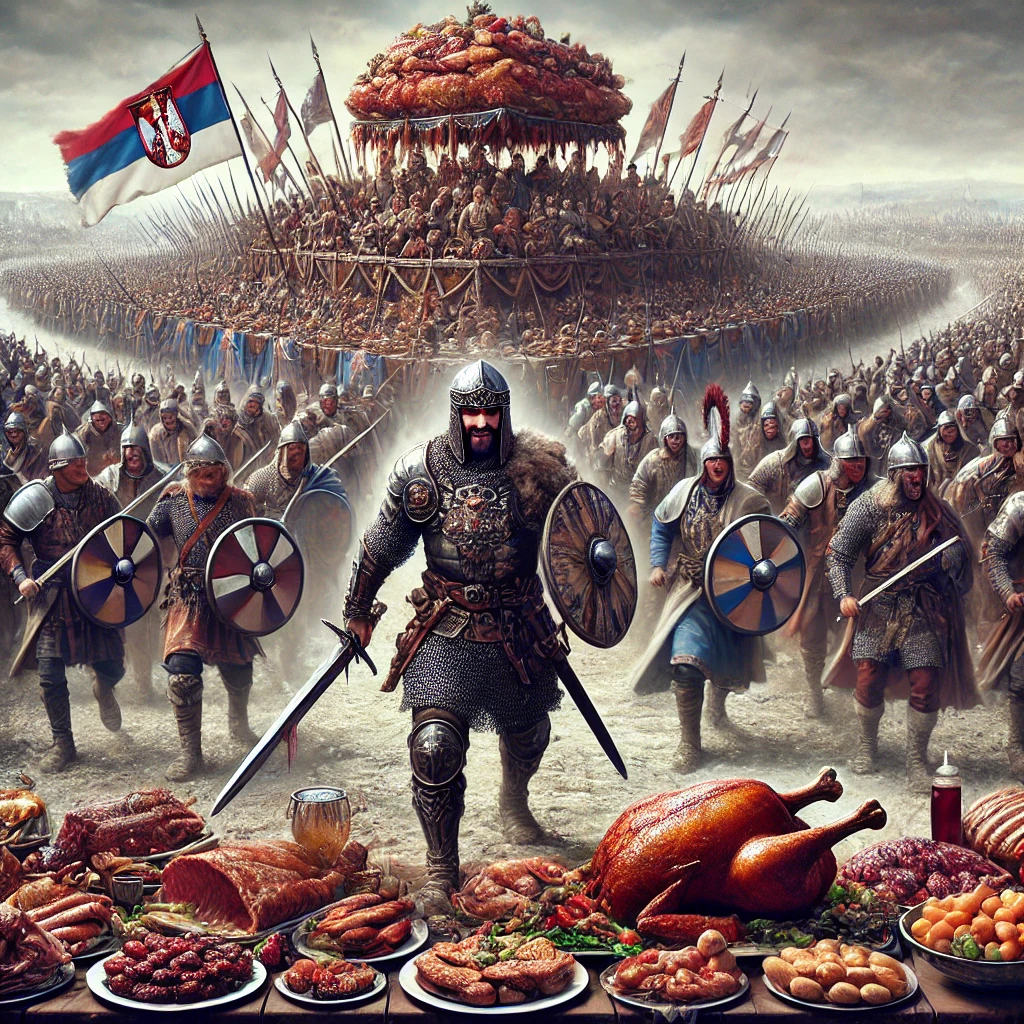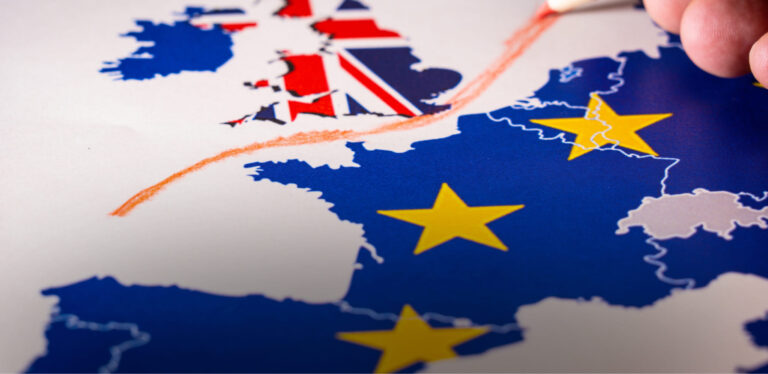World in review
In this series of articles, our political editor Colin McGinness provides a concise roundup of the biggest geopolitical events from the past month.
2024-09-19 – 5 min read
In this series of articles, our political editor Colin McGinness provides a concise roundup of the biggest geopolitical events from the past month.
Lula: From Disgraced Leader to Brazil’s Saviour ?
“We have, quite simply, a once-in-a-lifetime chance to take back control of our country.”
As the Covid-19 pandemic passes the grim milestones of a year of devastation and two million deaths, the disruption caused and its implications on the future are becoming more clear. From the way we work, to action on climate and the economy, it’s fair to say that the post-Covid world will be radically altered as a result of a necessitated shift in thinking.
When the time came for the 2015 General Election – with a referendum on Britain’s EU membership in his party’s manifesto – Johnson arranged his return to the House of Commons as an MP.
In the meantime, Cameron had become a leader addicted to trying his luck. In 2011 he had pulled the rug out from underneath his junior coalition partners, the Liberal Democrats, with a crushing win in a referendum on electoral reform. Three years later, he called the bluff of Scottish
“We have, quite simply, a once-in-a-lifetime chance to take back control of our country.”
Perhaps that was why the Conservative leader agreed to the demands of his right-wing backbenchers and legislated for a referendum on an idea he personally opposed: The notion of Britain leaving the European Union. But on this occasion, for the first, only, and last time, David Cameron would open Pandora’s box. The forces he unleashed would go on to escape his control, revolutionise British politics, reshape the European Union, destroy his political career, and define his legacy.
See also :
When the time came for the 2015 General Election – with a referendum on Britain’s EU membership in his party’s manifesto – Johnson arranged his return to the House of Commons as an MP. From there, the world knew that he aimed to plot his move from MP to PM. And, just months later, he believed he saw that ‘once-in-a-lifetime’ opportunity to do so.
In the meantime, Cameron had become a leader addicted to trying his luck. In 2011 he had pulled the rug out from underneath his junior coalition partners, the Liberal Democrats, with a crushing win in a referendum on electoral reform. Three years later, he called the bluff of Scottish Nationalists by arranging, then winning, another referendum on Scottish independence. And then, in the 2015 general election, he performed perhaps his greatest magic trick by conjuring a Conservative majority against the forecast of virtually every poll and pundit. Having won so many bets in a row, Cameron had become a gambler who felt invincible.
Perhaps that was why the Conservative leader agreed to the demands of his right-wing backbenchers and legislated for a referendum on an idea he personally opposed: The notion of Britain leaving the European Union. But on this occasion, for the first, only, and last time, the Prime Minister had backed the wrong horse. By loosening the lock on the pro-Leave faction of his own party, David Cameron would open Pandora’s box. The forces he unleashed would go on to escape his control, revolutionise British politics, reshape the European Union, destroy his political career, and define his legacy.
Part One: Coalitions of Chaos
When the time came for the 2015 General Election – with a referendum on Britain’s EU membership in his party’s manifesto – Johnson arranged his return to the House of Commons as an MP. From there, the world knew that he aimed to plot his move from MP to PM. And, just months later, he believed he saw that ‘once-in-a-lifetime’ opportunity to do so.
In the meantime, Cameron had become a leader addicted to trying his luck. In 2011 he had pulled the rug out from underneath his junior coalition partners, the Liberal Democrats, with a crushing win in a referendum on electoral reform. Three years later, he called the bluff of Scottish Nationalists by arranging, then winning, another referendum on Scottish independence. And then, in the 2015 general election, he performed perhaps his greatest magic trick by conjuring a Conservative majority against the forecast of virtually every poll and pundit. Having won so many bets in a row, Cameron had become a gambler who felt invincible.
In the meantime, Cameron had become a leader addicted to trying his luck. In 2011 he had pulled the rug out from underneath his junior coalition partners, the Liberal Democrats, with a crushing win in a referendum on electoral reform. Three years later, he called the bluff of Scottish Nationalists by arranging, then winning, another referendum on Scottish independence. And then, in the 2015 general election, he performed perhaps his greatest magic trick by conjuring a Conservative majority against the forecast of virtually every poll and pundit. Having won so many bets in a row, Cameron had become a gambler who felt invincible.

Above: Boris Johnson’s government’s ‘Get Ready for Brexit’ campaign.
When the time came for the 2015 General Election – with a referendum on Britain’s EU membership in his party’s manifesto – Johnson arranged his return to the House of Commons as an MP. From there, the world knew that he aimed to plot his move from MP to PM. And, just months later, he believed he saw that ‘once-in-a-lifetime’ opportunity to do so.
In the meantime, Cameron had become a leader addicted to trying his luck. In 2011 he had pulled the rug out from underneath his junior coalition partners, the Liberal Democrats, with a crushing win in a referendum on electoral reform. Three years later, he called the bluff of Scottish
While You’re Here…
Adam Bennett is the editor-in-chief of The International. You can find him on Twitter here










